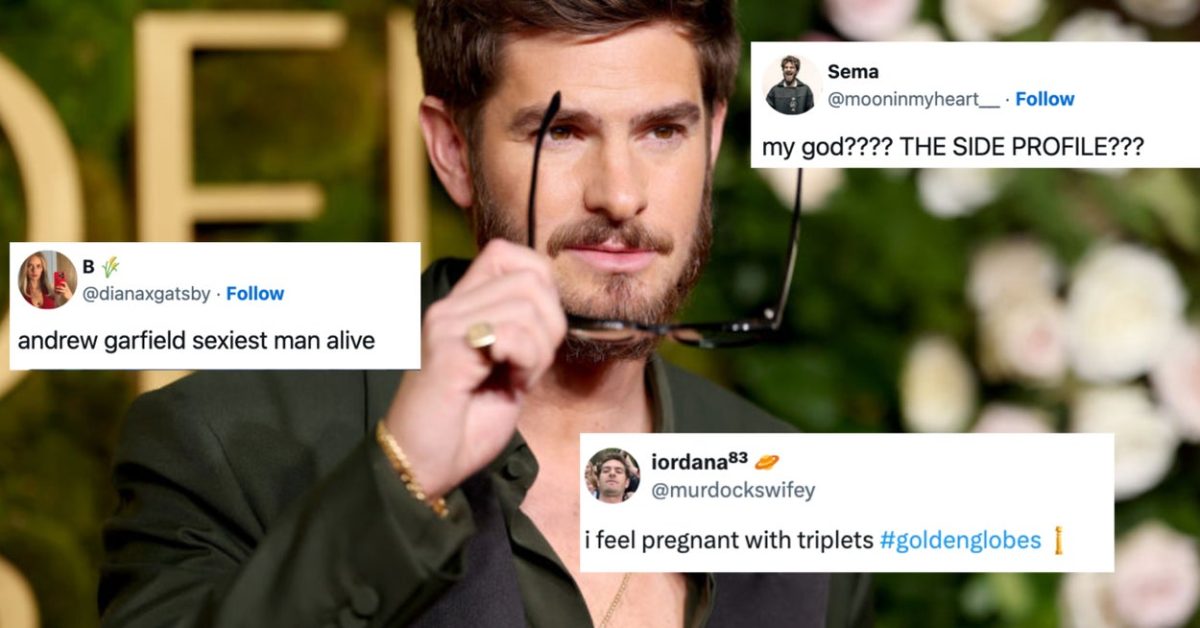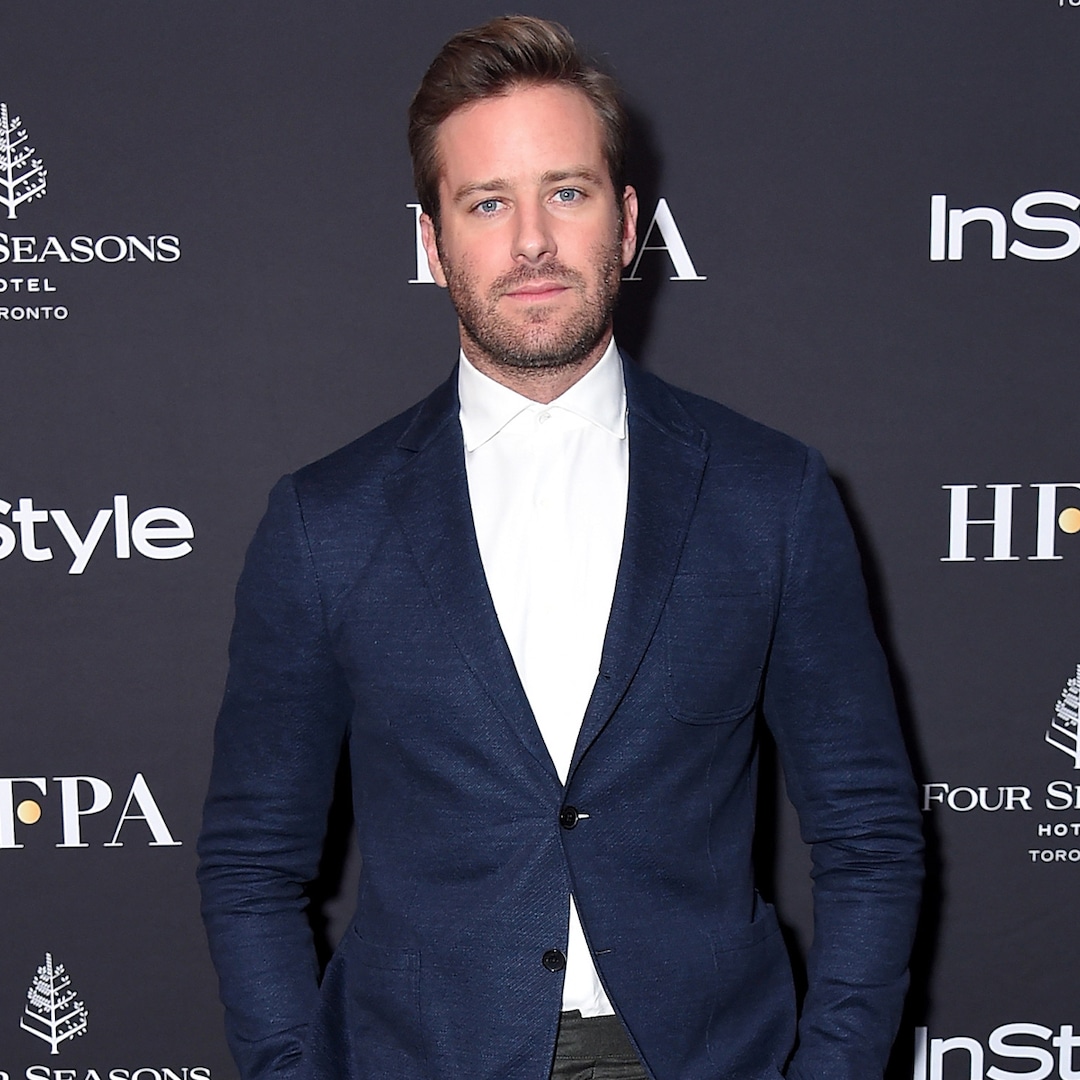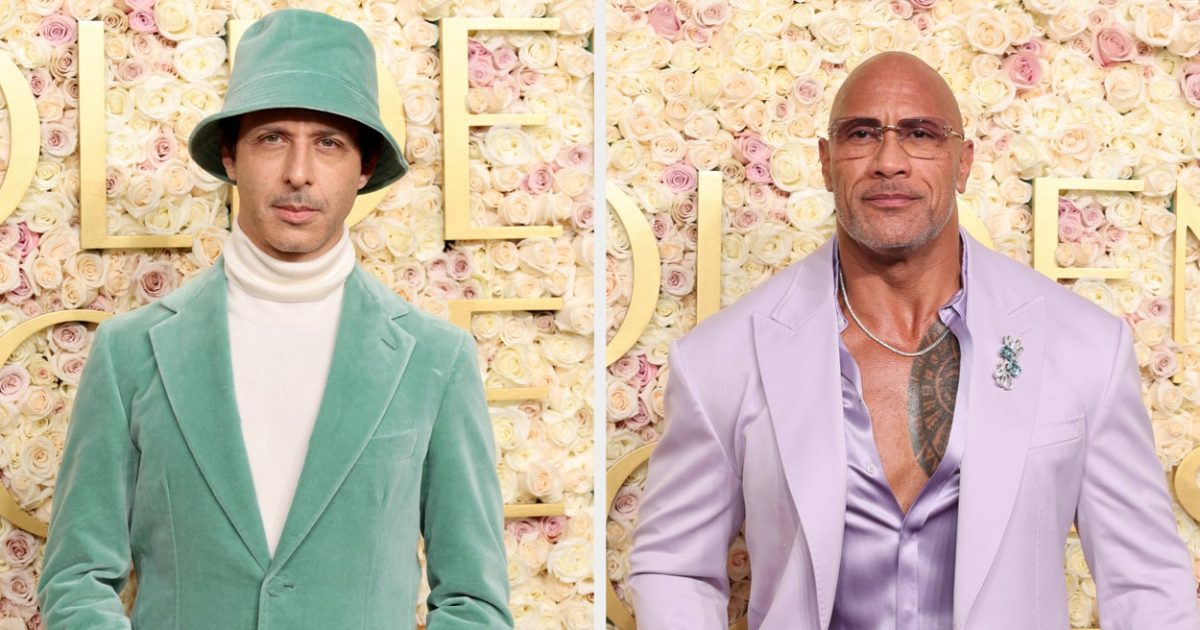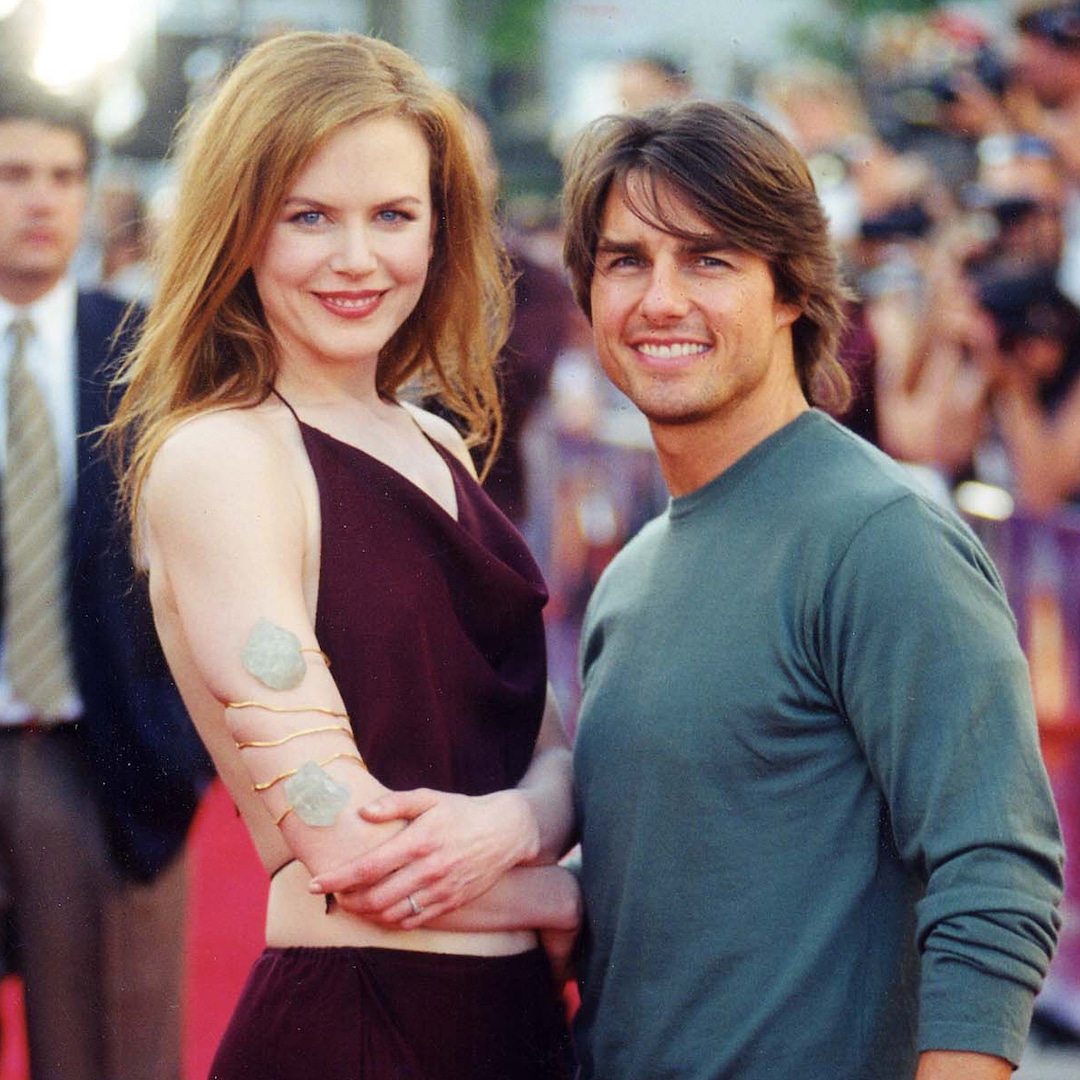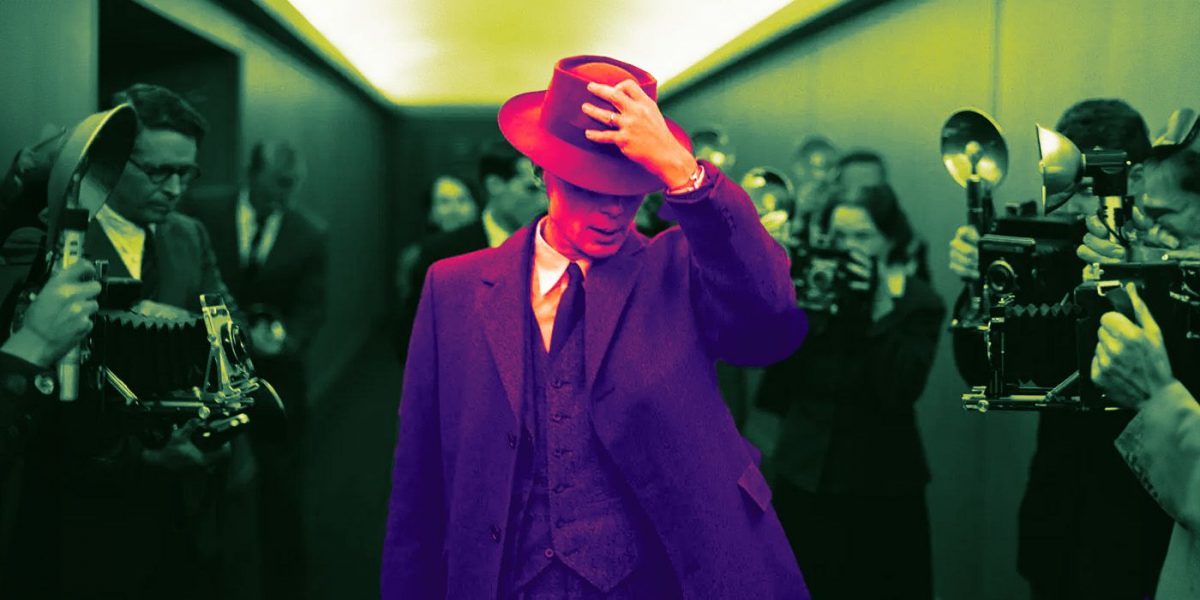
What Happened Between Christopher Nolan and Warner Bros?
Jan 7, 2024
Summary
The breakup between Christopher Nolan and Warner Bros. was explosive, with a clash over the release of “Tenet” on streaming. Nolan and Warner Bros. had a successful creative partnership, blending blockbuster filmmaking with auteur storytelling. The future working relationship between Nolan and Warner Bros. is uncertain, but both parties have expressed interest in a potential reunion.
It was a scene plucked straight from a stereotypical rom-com, the hopeful groom stuck in the comforts of the past, the bride-to-be ready to move on, the melodramatic split heard across the industry. The gut punch of a breakup between two of Hollywood’s most monumental figures ended a nineteen-year creative marriage that spanned nine films and billions of dollars at the box office. What made the partnership between director Christopher Nolan and Warner Bros. truly special was their unique ability to combine blockbuster filmmaking techniques with distinct auteur storytelling. Balancing superhero films with effects-driven think pieces, Nolan and the longstanding studio achieved unparalleled success as a creative duo.
The divorce was nearly as explosive as a Christopher Nolan film. Amid the turmoil and chaos of the COVID pandemic, Warner Bros. decided to release Nolan’s Tenet (2020) on its streaming service (HBO) Max alongside a nationwide theatrical campaign. The film director invariably received the groundbreaking news as cinema sin while leading an industry-wide revolt against the studio and its questionable business practices. However, despite Nolan’s contentions, business has continued as usual, Warner Bros. still repeatedly finds itself in news headlines for all the wrong reasons, and Nolan remains a stronghold at the box office for all the right ones. But this hardly guaranteed their breakup as amicable. Their presumed distaste for each other was woven into Barbenheimer lore, a head-to-head match-up orchestrated as somewhat of a rivalry between filmmaker and film studio.
As a society obsessed with drama, it makes sense why media channels would project this sort of narrative onto the situation. However, when Margot Robbie comes clean about an Oppenheimer producer begging her to switch release dates, it’s difficult to deny such projections as hypothetical. With Christopher Nolan’s ties with Warner Bros. all but severed, it’s important to review the accomplishments of their creative relationship and examine what their breakup means for the future of the film industry.
Nolan Movies Released by Warner Bros. Release Year Tenet 2020 Dunkirk 2017 Interstellar 2014 The Dark Knight Rises 2012 Inception 2010 The Dark Knight 2008 The Prestige 2006 Batman Begins 2005 Insomnia 2002
The Dark Nolan Rises
Christopher Nolan and his wife, producer Emma Thomas, cofounded their production company Syncopy Inc. in 2001, a year before the release of Nolan’s first mid-budget studio film, Insomnia. Distributed by Warner Bros. and starring the likes of Robin Williams, Al Pacino, and Hilary Swank, Insomnia’s relative box office success was enough to establish a nearly two-decade collaboration with the British writer-director. Syncopy Inc. and Warner Bros. would pair up for a revolutionary blockbuster franchise with 2005’s Batman Begins.
The daring comic book superhero adaptation changed the way studios viewed a genre previously relegated to B-movies. While standing on the foundation of The Dark Knight trilogy’s multi-billion dollar box office success, Nolan and Syncopy Inc. supported Zack Snyder’s Man of Steel (2013) and helped usher in the formative techniques of the initial DC Extended Universe, where more individualized, filmmaker-driven projects overrode a semi-forced, serial-style multiverse.
Operating as an independent film studio has helped Nolan position himself as a cinema “brand,” a recognizable symbol that represents a unique personal genre or mode of filmmaking. Inspired by the fruitful marketing campaigns of The Dark Knight trilogy, Warner Bros. leveraged the gravitas of Nolan’s original titles into lucrative box office appeal. Films such as Interstellar, Inception, and Dunkirk, proved that effects-heavy cinematic thinkpieces could perform as well at the box office as your run-of-the-mill superhero flick. It undoubtedly helped warm audiences to similar films such as Alfonso Cuarón’s Gravity, Ridley Scott’s The Martian, and Ang Lee’s Life of Pi.
Related: How Oppenheimer Differs From Christopher Nolan’s Previous Films
The most puzzling part of the Nolan-WB split is the brash dismissal of the director’s box office bread and butter. It should be noted the American studio was subjected to a myriad of complicated industry pressures. These included the uncertainty of the COVID-19 pandemic, a newly launched streaming service in search of something substantial — a pre-merger Hail Mary heave to try something new in the face of Netflix’s continuous forward march.
However, even after the Discovery merger, Warner Bros. continues to shoot itself in the foot, perilously shelving completed projects like the anticipated Batgirl and the promising Coyote v. ACME thus further muddying up relationships with future potential collaborators. Nolan’s Tenet served as Hollywood’s first litmus test during the pandemic, a day-and-date experiment when streaming seemed to be the new norm. With the issue being as contentious now as it was back then, it’s pertinent to discuss how this monumental decision has altered the film industry moving forward.
Will Nolan and Warner Bros. Work Together Again?
The day-and-date strategy failed to catch on, and only solidified theatrical release as undeniably important, despite Netflix’s blatant disregard for the traditional practice. It’s only fitting that Christopher Nolan and Warner Bros. were at the center of Hollywood’s biggest box office weekend since the Before Times. The momentous phenomenon that carried both Oppenheimer and Greta Gerwig’s Barbie to unparalleled success was the kick in the pants the film industry needed, a long-awaited return to form packaged in nuclear dystopia and candy-coated existential absurdism. It seems that both parties have learned the glaring lessons from their previous cinematic excursion.
Warner Bros. (now Warner Bros. Discovery) has notably moved on from CEO Jason Kilar and has instilled a new administration group that is outwardly more dedicated to theatrical-worthy titles, even if it means beheading films before release. With the quantity over quality method losing steam (and profitability), new CEO David Zaslav seems determined to reverse the pendulum in the other direction, focusing more on tentpole titles and elevating the value of Max through streaming partnerships with major sports leagues and A24, as well as a highly contested, speculative merger with Paramount. The studio has gone through enough growth to warrant a potential reunion, with Nolan proclaiming their feud is “water under the bridge,” and WBD gushing that they hope to kiss and make up.
Related: Oppenheimer: How Christopher Nolan Did the Impossible With His Atomic Blockbuster
On the other hand, Christopher Nolan has doubled down on his crusade against streamers, recently announcing an Oppenheimer Blu-ray package stacked with special features while declaring streaming services as “evil.” Furthermore, Nolan’s crusade has been decidedly successful. At year’s end, Universal — the studio backing Nolan’s Oppenheimer — was announced as the highest-earning studio, halting Disney’s seven-year streak as top earner. Oppenheimer’s summer release also foreshadowed a 2023 trend of auteur-led biopics with Priscilla, The Iron Claw, and Maestro following a similar lead, a hefty reminder that arthouse cinema is as essential to Hollywood’s composition as big-budget tentpoles are.
Predicting the future working relationship between Christopher Nolan and Warner Bros. is as easy as predicting the ending of a Nolan picture. Caught in the sweeping currents of life, the acclaimed director and the storied studio may find their paths crossing again. As an audience, we can only speculate and offer heightened conspiracy theories.
Publisher: Source link
The Internet Has Officially Lost It Over Andrew Garfield's Slutty Glasses
That man knew exactly what he was doing with those glasses.View Entire Post › Disclaimer: This story is auto-aggregated by a computer program and has not been created or edited by filmibee.Publisher: Source link
Jan 9, 2025
Armie Hammer Lands First Movie Role Since Cannibalism Allegations
Armie Hammer Cameos As “Kannibal Ken” in Music Video 4 Years After Cannibalism ClaimsArmie Hammer is heading back to the big screen. More than one year after the Los Angeles Police Department ended their lengthy investigation into the Call Me…
Jan 9, 2025
20 Best Dressed Men At The 2025 Golden Globes
20 Best Dressed Men At The 2025 Golden Globes The televised portion of awards season is here! On Sunday night, the Golden Globes were held in Los Angeles, kicking off what looks to be a lively next several months of…
Jan 8, 2025
Tom Cruise & Nicole Kidman’s Son Connor Shares 2025 Update in New Pic
Tom Cruise and Nicole Kidman's Son Connor Cruise Golfs With Crocodile in New PostTom Cruise and Nicole Kidman's son is teeing up for a great year. Connor Cruise recently kicked off 2025 at the links, swinging by Lost City Golf…
Jan 8, 2025








